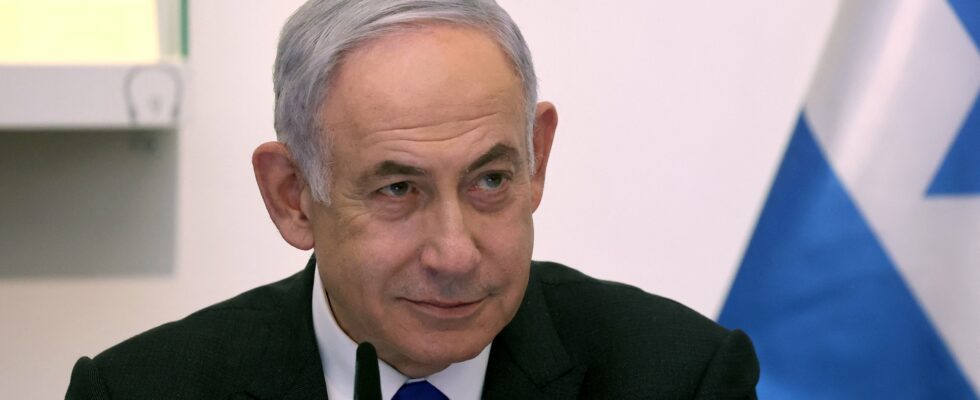Israeli Prime Minister Benjamin Netanyahu benefits from “immunity” which “must be taken into consideration” despite the arrest warrant issued against him by the International Criminal Court, the French Ministry of Foreign Affairs said on Wednesday, November 27. In a press release, the ministry invokes the obligations provided for in international law linked to “immunities of States not parties to the ICC”, which is the case of Israel. He adds that “such immunities apply to Prime Minister Benjamin Netanyahu and other ministers concerned” by a Court arrest warrant. These immunities “must be taken into consideration if the ICC were to ask us for their arrest and surrender,” the ministry continues in a press release.
In addition to Benyamin Netanyahu, the International Criminal Court last week issued an arrest warrant against former Israeli Defense Minister Yoav Gallant – as well as against the head of the armed wing of Palestinian Hamas Mohammed Deif – for war crimes and crimes against humanity.
An article in the 1998 Rome Statute establishing the ICC addresses the issue of immunity for leaders of countries that do not recognize the court, although it may remain open to various interpretations. “France intends to continue to work in close collaboration with Prime Minister Benjamin Netanyahu and other Israeli authorities to achieve peace and security for all in the Middle East,” concludes the press release from the French Ministry of Foreign Affairs.
Blurry on the French position
Since the announcement by the ICC of the arrest warrant targeting Benyamin Netanyahu, France had repeated that it would apply its obligations under international law, but without clearly saying whether it would arrest the Israeli Prime Minister if he came to France . A position that is more vague than other countries, such as Italy and the United Kingdom, which immediately announced that they would respect their commitment to the ICC.
The clarification of the French position comes a few hours after the entry into force, early Wednesday morning, of a ceasefire between Israel and Hezbollah, after more than a year of cross-border hostilities and two months of open war. between the Israeli army and the armed Lebanese movement supported by Iran. This ceasefire was made possible in particular by an intense diplomatic effort carried out jointly for several months by the United States and France.
French Foreign Minister Jean-Noël Barrot had already mentioned, a little earlier Wednesday, possible “questions of immunity” for “certain leaders” targeted by an ICC mandate, without going into further details. “It is ultimately up to the judicial authority to decide,” he then added.
